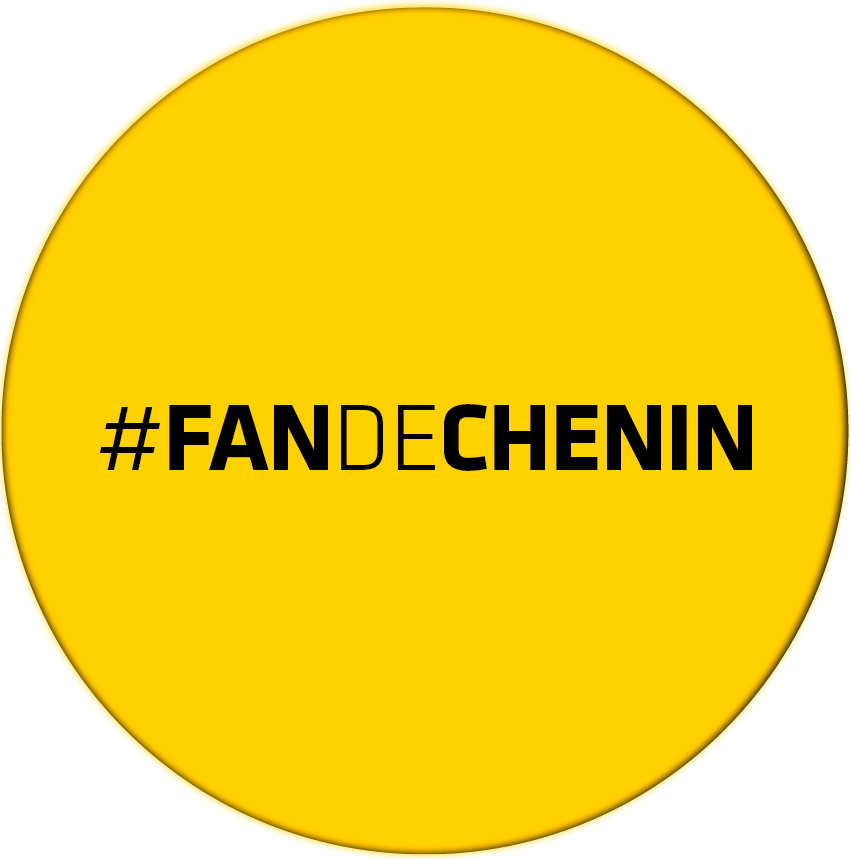Saumur Fines Bulles
Contacts
Conducive soil and climate
Saumur Fines Bulles production area is identical to the on Saumur blanc area but spreads out towards the West; that corresponds to the old administrative district of Saumur .
This limestone soil (Tuffeau) area spreads out on one part of the schist soils of Anjou Noir. The changeability of soils and various climate differences (sun exposure, the Loire River close by) are the reasons for these various grape varieties.
The history of Saumur Fines Bulles
Saumur Fines Bulles history began in the 19th century when The Saumur inhabitants put in place the traditional method that created Saumur Fines Bulles. It all started when a Belgian student Jean Ackerman came to Saumur in 1811 after having worked in the Champagne area. He soon realized that Saumur white wines had the same properties than sparkling wines. So He applied the Champagne method on local Saumur wine: immediate success
Saumur Fines Bulles wines
Endowed with a crystal clear colour and some grey reflects to pale yellow, the Saumur Fines Bulles give an elegant freshness in mouth with white fruits, nuts and almond aromas.
Exceptional wine and food pairings
Ideal for the festive parties,as an aperitif, or with fish, shellfish, or white meat. It will also goes perfectly with all type of desserts (ice cream, genoise, ..).
Figures
Annual production : 76 000 hL for 1270 ha which makes about 10.13 million of bottles a year
Annual yield : 67 hL/ ha
330 producers
Sources : dico-du-vin.com
